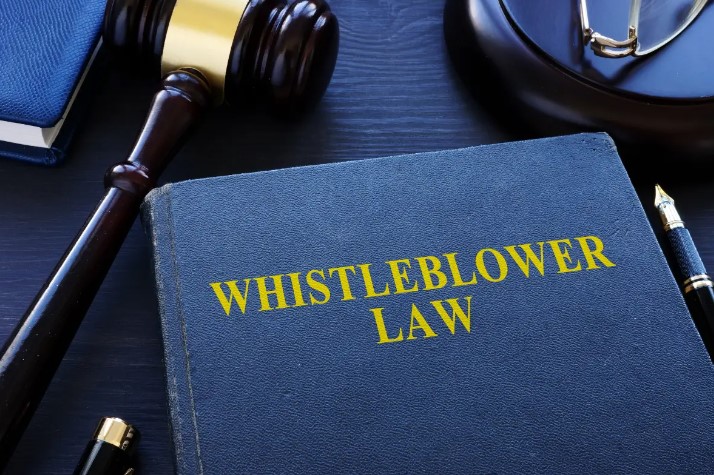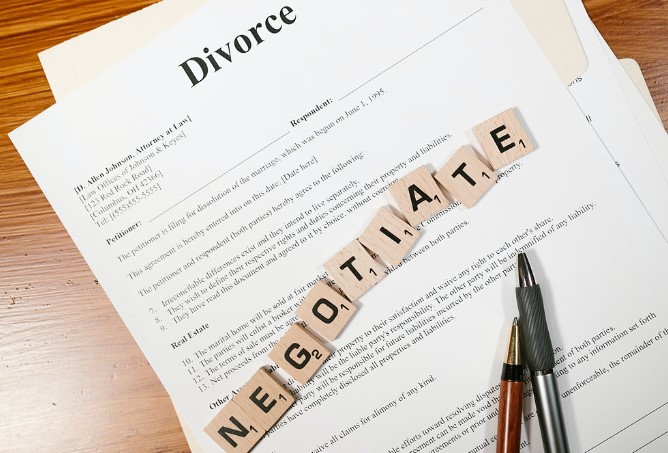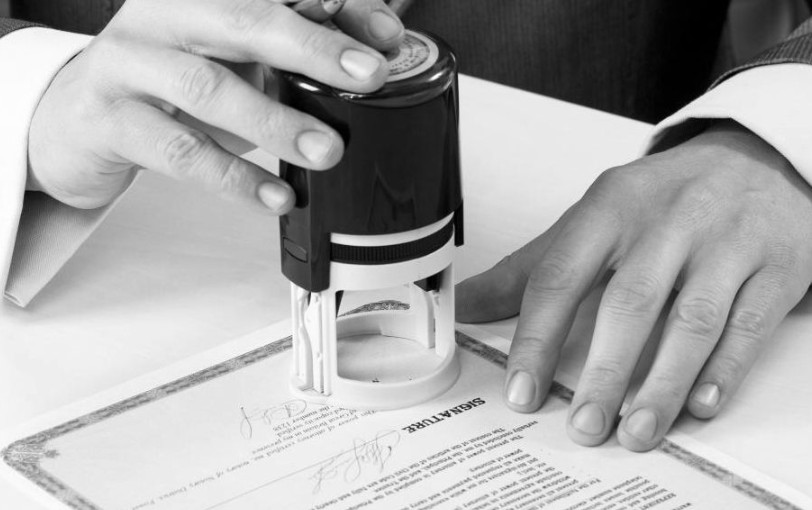
Ensuring the safety and success of whistleblowers is paramount in fostering a transparent and accountable environment within organizations. The courage to expose wrongdoing often comes at a high personal risk, making robust protective measures essential.
Whistleblower law firms play a crucial role in safeguarding these individuals’ rights and well-being. In this blog, we will explore five key measures to ensure the safety and success of whistleblowers, highlighting the indispensable role of whistleblower attorneys to champion justice.
1. Legal Protections
Whistleblowers need robust legal protections to shield them from retaliation. Legislation such as the Whistleblower Protection Act (WPA) provides essential safeguards, ensuring that individuals can report misconduct without fear of job loss, demotion, or other forms of retribution. The WPA is a critical component in fostering a transparent and accountable environment by guaranteeing that those who come forward with allegations of misconduct are legally protected. This legislation serves as a deterrent against retaliatory actions by employers, reinforcing the notion that whistleblowing is a right and a vital aspect of maintaining organizational integrity.
Whistleblower law firms are pivotal in navigating these complex legal frameworks, offering expert counsel to ensure their clients’ rights are upheld and defended. These firms specialize in understanding the intricacies of whistleblower laws and have the experience needed to effectively advocate on behalf of their clients. By providing legal representation, they empower whistleblowers to stand up against wrongdoing without the paralyzing fear of adverse consequences.
Additionally, whistleblower attorneys play a significant role in guiding individuals through the legal process, from initial reporting to any consequential investigations or court proceedings. Their expertise not only helps in interpreting the legal jargon and procedural requirements but also offers emotional and strategic support. This comprehensive assistance is instrumental in ensuring that whistleblowers can focus on the important task of exposing misconduct, knowing that their legal needs are thoroughly managed and their rights are vigilantly protected.
2. Confidentiality and Anonymity
Maintaining the whistleblower’s confidentiality is critical in protecting them from retaliation. Effective whistleblower laws and policies should include provisions that allow individuals to report misconduct anonymously. This anonymity serves as a protective shield, ensuring that whistleblowers can bring forward crucial information without the fear of personal or professional backlash. For instance, anonymous reporting systems can often prevent the disclosure of the whistleblower’s identity during initial stages of an investigation, providing a crucial layer of security and peace of mind that encourages more individuals to come forward.
In addition to anonymous reporting, it is essential that confidentiality is maintained throughout the entire investigative and legal process. This means that organizations and legal entities must have stringent policies in place to guard against any leakage of the whistleblower’s identity. The role of whistleblower attorneys becomes indispensable at this juncture. They work diligently to craft a legal strategy that prioritizes confidentiality, ensuring that any revelations by the whistleblower do not lead to unauthorized disclosures or retaliatory actions. This careful navigation of the legal landscape can significantly reduce the risks faced by whistleblowers, bolstering their confidence to disclose information without endangering their safety.
Moreover, a whistleblower lawyer in DC can offer support by liaising with investigators and other legal parties to uphold these confidentiality provisions. By providing expertise in legal protocols and conducting reviews to ensure compliance with privacy laws, they create a robust framework that protects the whistleblower’s identity from potential breaches. This steadfast commitment not only fortifies the whistleblower’s resolve but also instills a culture of trust and safety that is paramount in encouraging ethical conduct within organizations. Through these measures, the whistleblower’s anonymity is preserved, thereby fostering an environment of accountability and transparency.
3. Support Systems
A comprehensive support system, including psychological and emotional support, is crucial for the well-being of whistleblowers. The stress and anxiety associated with exposing wrongdoing can be overwhelming. Organizations, a whistleblower law firm, and advocacy groups should work together to provide counseling services, peer support groups, and other resources to help whistleblowers cope with the pressure and potential fallout. Professional counseling services are imperative in providing whistleblowers the tools to manage stress, anxiety, and isolation.
By receiving psychological support, whistleblowers can navigate the emotional turmoil that often accompanies their brave disclosures. Peer support groups offer a sense of community and shared experiences, significantly alleviating feelings of loneliness and fear. The camaraderie in these groups helps reaffirm the whistleblower’s decision to come forward and provides practical coping advice.
Organizations and advocacy groups should focus on creating a holistic resource network that includes legal guidance, financial counseling, and wellness programs. Legal guidance is crucial to empowering whistleblowers with the knowledge and resources to understand their rights and protections fully. Financial counseling can help mitigate the economic impact of whistleblowing, assisting individuals in managing potential career disruptions. Wellness programs promoting physical health and mindfulness greatly contribute to the overall well-being of whistleblowers. Together, these elements form a support structure that addresses immediate emotional and psychological needs and fosters long-term resilience and well-being.
4. Financial Incentives
Offering financial incentives can play a significant role in encouraging individuals to come forward with information about misconduct. Such incentives act as a tangible form of recognition for those who take the personal risk of exposing wrongdoing, providing them with a sense of validation and support.
Programs like the SEC Whistleblower Program offer monetary rewards to whistleblowers whose information leads to successful enforcement actions. These financial rewards not only compensate for potential career setbacks but also alleviate some of the economic uncertainties that whistleblowers may face. By addressing these financial concerns, organizations can reduce one of the major deterrents that prevent individuals from reporting misconduct, thereby enhancing transparency and accountability.
Moreover, financial incentives serve as a powerful motivator for others to report wrongdoing. Beyond simple compensation, these rewards symbolize the broader societal appreciation for ethical conduct and transparency. When individuals see that whistleblowers are not only protected but also rewarded for their courage, it builds a culture of integrity and openness within the organization.
Additionally, the visibility of such incentive programs helps to reinforce the idea that exposing misconduct is a valued and supported action, encouraging more employees to step forward. Therefore, integrating financial incentives into whistleblower programs is a comprehensive strategy that addresses both the practical and psychological barriers to reporting wrongdoing, contributing to a more ethical and accountable organizational environment.
5. Public Awareness and Education
Raising public awareness about the importance of whistleblowers and educating the workforce about their rights and protections can help create a more supportive culture. It is crucial that organizations invest in training programs, informational campaigns, and transparent company policies. These efforts can empower potential whistleblowers to act, knowing they are protected and valued.
When employees are informed and aware, the likelihood of them stepping forward to report wrongdoing increases significantly, thereby fostering a culture of integrity and accountability. Continuous education serves as a reminder of the organization’s commitment to ethical behavior and transparency, encouraging proactive measures against misconduct.
In this regard, the participation of a Washington DC whistleblower attorney in educational efforts is invaluable. They bring a wealth of expertise, clarifying the legal protections available and offering guidance on navigating complex whistleblower laws. Their involvement helps demystify the process and provides potential whistleblowers with the confidence and assurance they need to come forward.
By implementing these comprehensive measures, organizations can create a safer and more supportive environment for whistleblowers. Consequently, this fosters greater transparency and accountability within their operations, ultimately contributing to a healthier and more ethical organizational culture.





